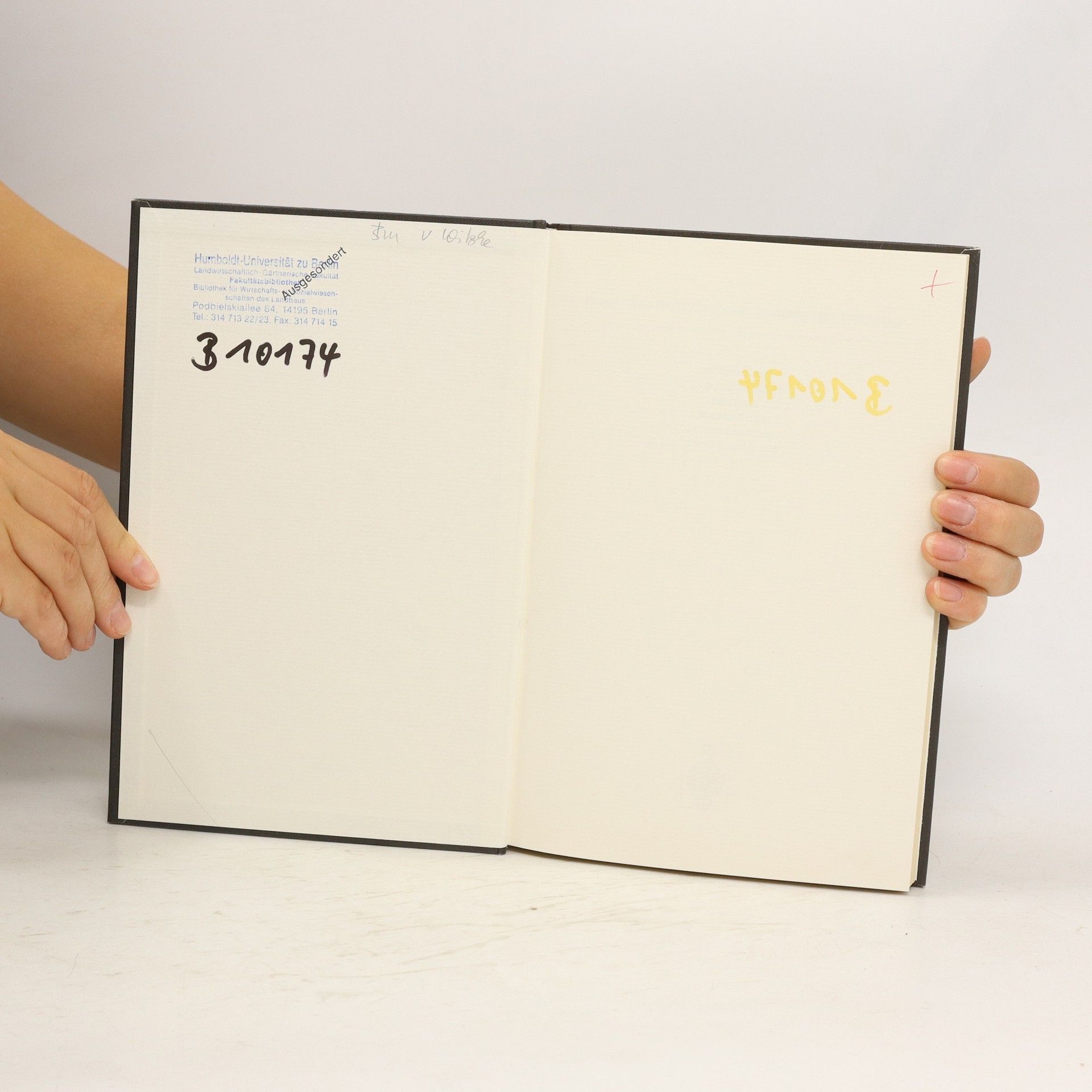Parámetros
Más información sobre el libro
David Ricardo's law of comparative advantage and the notion that free trade enhances the wealth of participating nations are widely accepted among economists. However, economic reasoning often diverges from actual policy, particularly in trade. A significant portion of trade among Japan, Europe, and the US deviates from free trade principles, leaning instead towards managed trade. The complexities of international trade management, negotiations, and the political dynamics of trade conflicts create a reality governed by its own rules, often ignoring economic policy recommendations. This intricate political-economic landscape was explored at the conference 'The Political Economy of Trade Conflicts,' organized by the German Institute for Japanese Studies, the Friedrich-Ebert-Foundation, and Waseda University's Institute of Modern Political Science and Economics in December 1993. The conference focused on three key issues: the US-Japanese dispute over trade imbalances and quantitative import targets, the liberalization of agricultural trade, particularly Japan's rice market, and the trade tensions in high technology sectors involving the EU, US, and Japan. The discussions took place just before the conclusion of the Uruguay Round, and the topics remain politically significant, especially as tensions around quantitative import targets between the US and Japan escalated in early 1994.
Compra de libros
The political economy of trade conflicts, Franz Waldenberger
- Retirado de la biblioteca
- Idioma
- Publicado en
- 1994
- product-detail.submit-box.info.binding
- (Tapa blanda)
Métodos de pago
Nadie lo ha calificado todavía.



